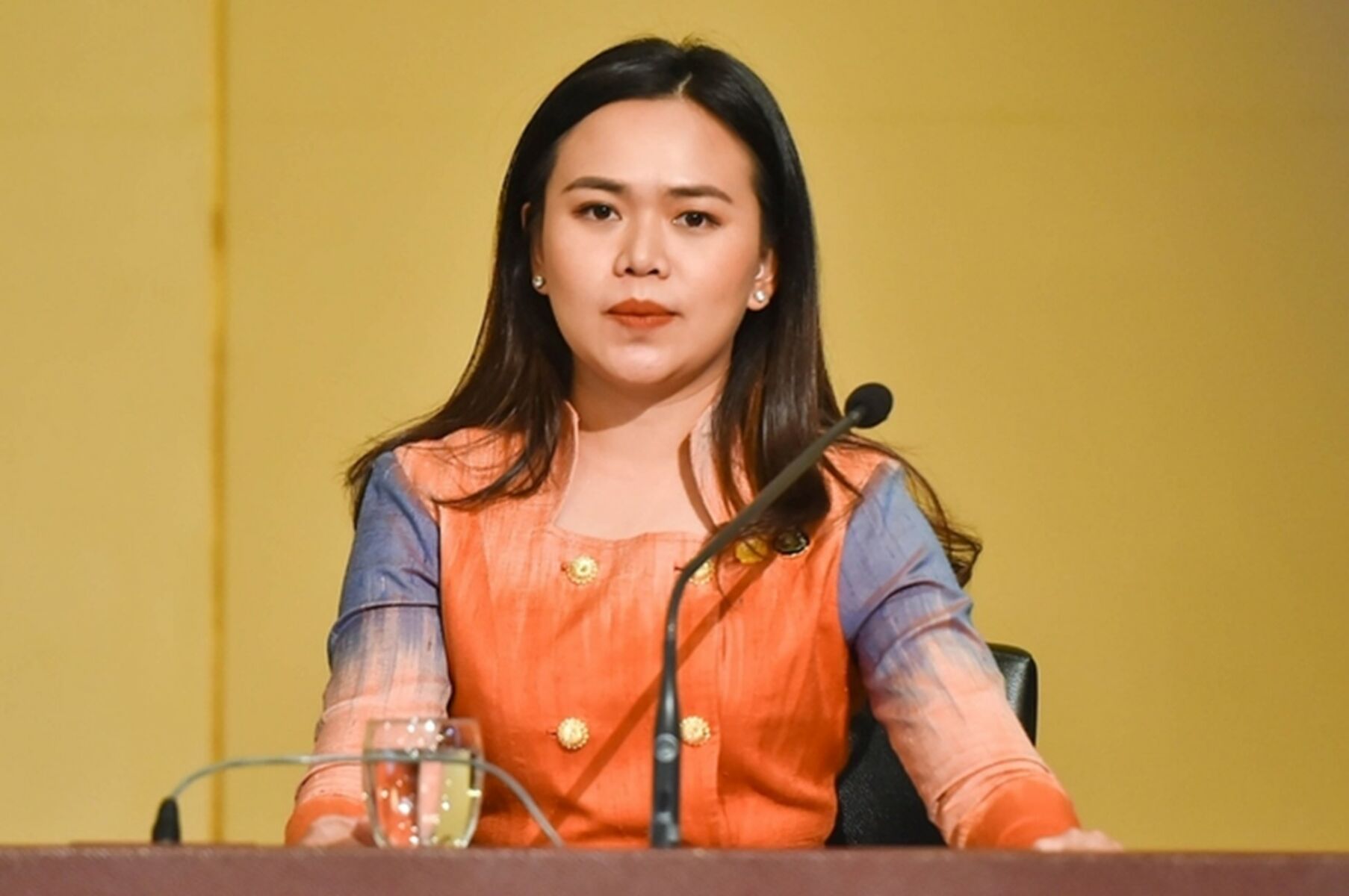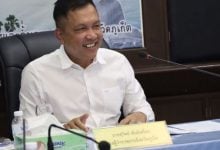Migrant amnesty programme extended for half a million foreign labourers in Thailand

In a bid to alleviate Thailand’s labour shortage and lay the groundwork for post-pandemic economic recovery, the country’s Cabinet has decided to lengthen its foreign migrants’ amnesty programme until the close of the month. This initiative allows close to half a million workers from neighbouring nations, namely Cambodia, Laos, Myanmar, and Vietnam, to effectively organise the permits necessary for legal residence and employment within Thailand.
The extension of the migrant amnesty programme was presented to the public yesterday by the government’s deputy spokesperson, Traisuree Taisaranakul, who detailed that the decision had been solidified two days prior. Initially introduced on February 7, this amnesty programme was designed as a solution to Thailand’s labour deficit. It provided an opportunity for immigrants from the aforementioned countries residing illegally in Thailand to surface and legally register without facing punitive measures.
The migrant amnesty programme was slated to conclude on May 15, however, it was discovered that approximately 500,000 workers were still to complete their registration with the labour authorities, reported Bangkok Post. The reasons behind this were primarily associated with administrative obstacles and financial constraints.
According to Traisuree, granting an extension to the migrant amnesty scheme would facilitate a higher number of foreign migrants securing coverage under Thailand’s labour law. Traisuree said…
“It’s crucial to recognise that migrant labour forms a significant portion of Thailand’s workforce and plays an indispensable role in the country’s economic recovery.”
This prolonged migrant amnesty will also apply to any dependents of the migrant workers who are younger than 18, she clarified.
To simplify the migrant amnesty registration procedure, the categorisation of migrants will guide the processing method.
Traisuree broke it down to the following: The first category consists of immigrants from the four nations who own legitimate passports but did not manage to renew their permits; the second refers to individuals from these countries who journeyed to Thailand through a special labour arrangement; and the third category covers those who came into Thailand illegally and haven’t yet applied for work and/or residence permits.
Latest Thailand News
Follow The Thaiger on Google News:


























